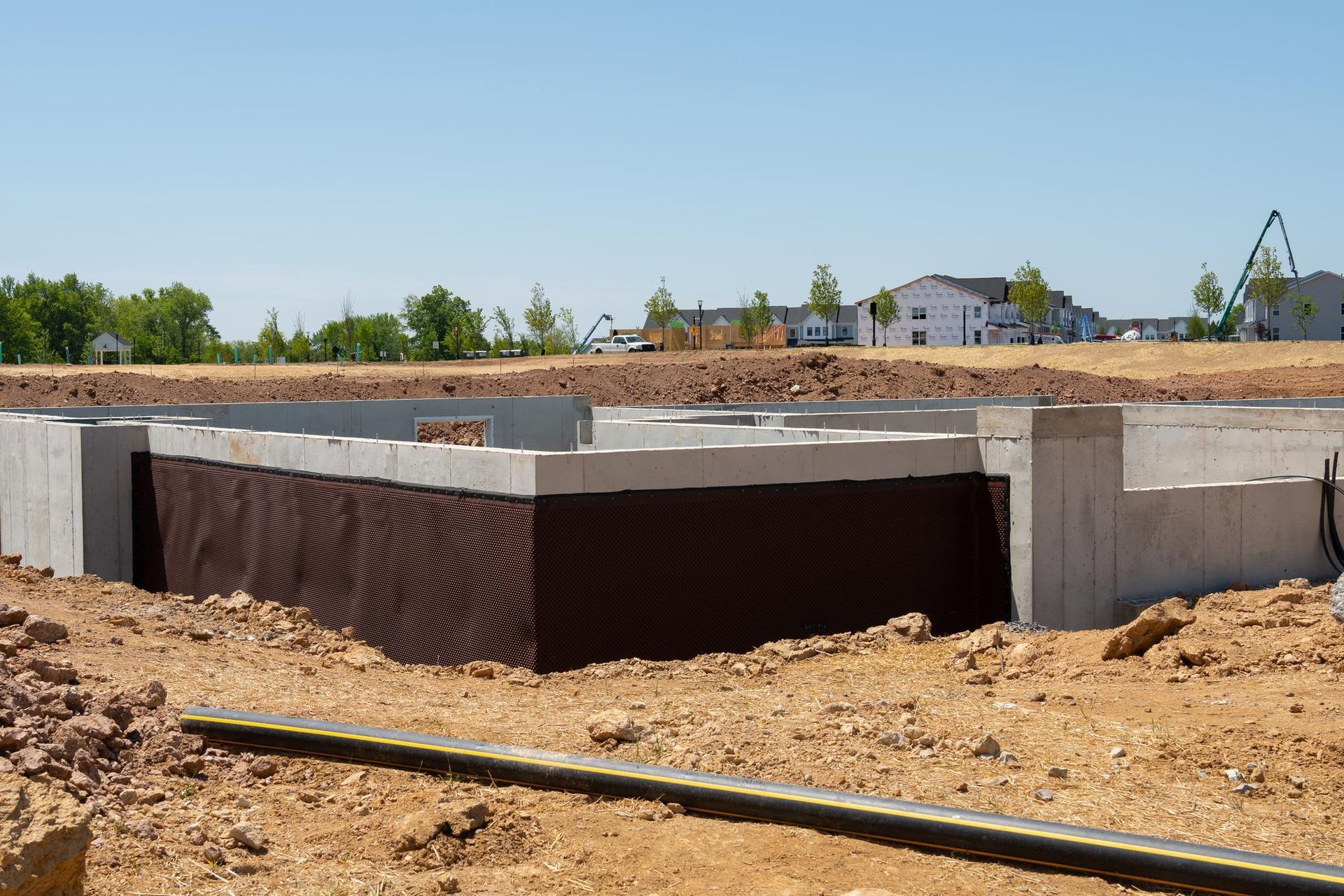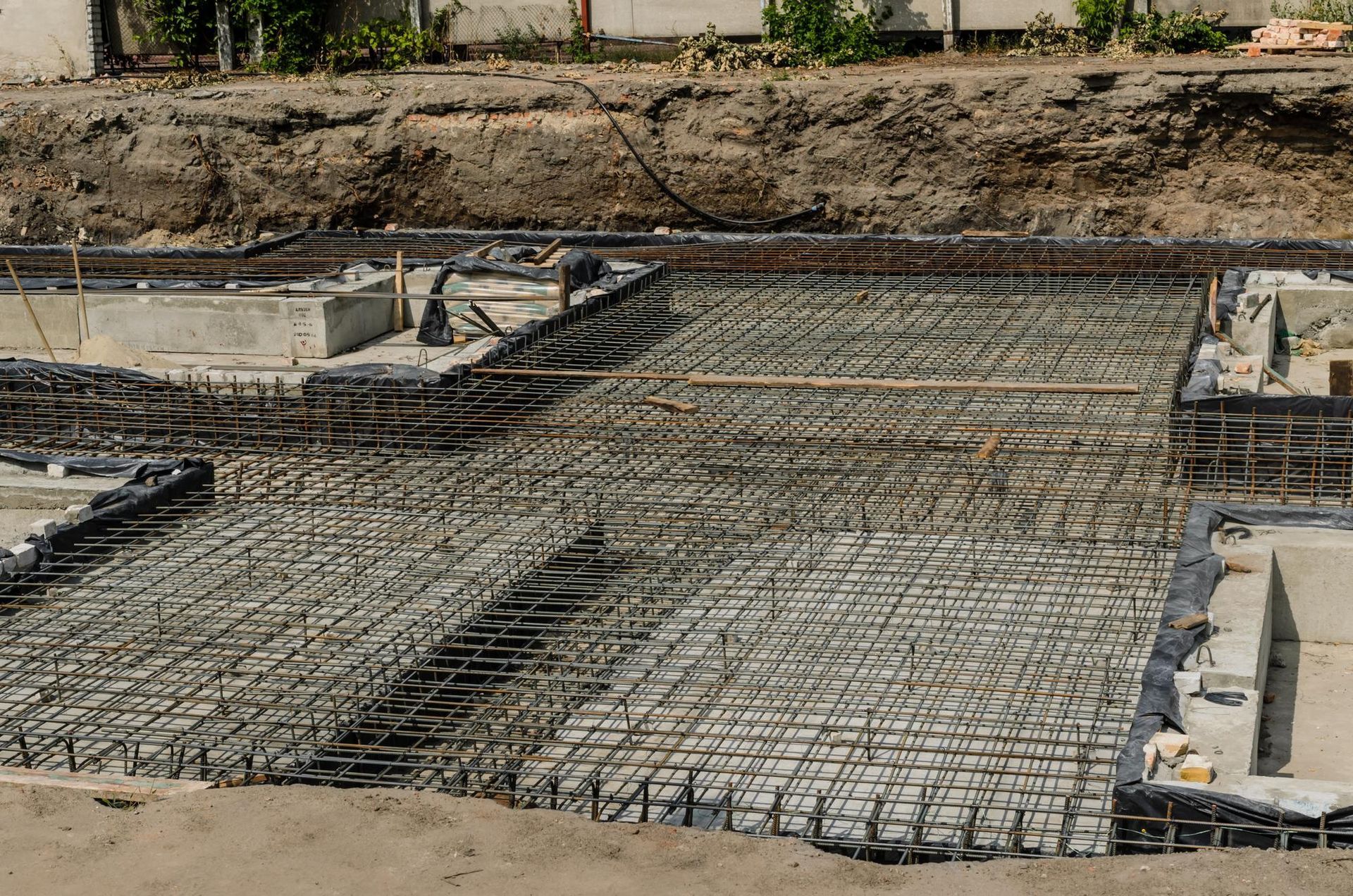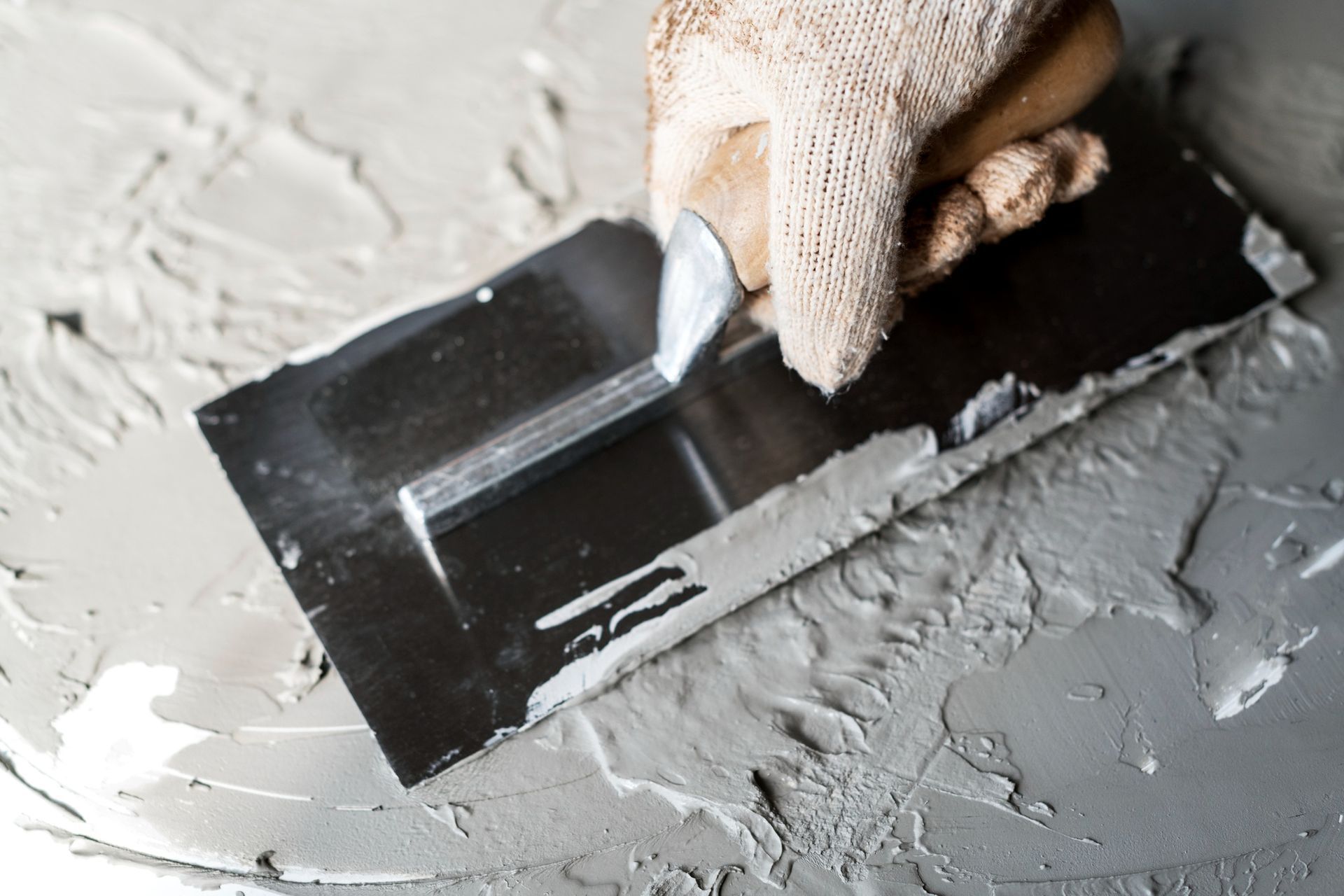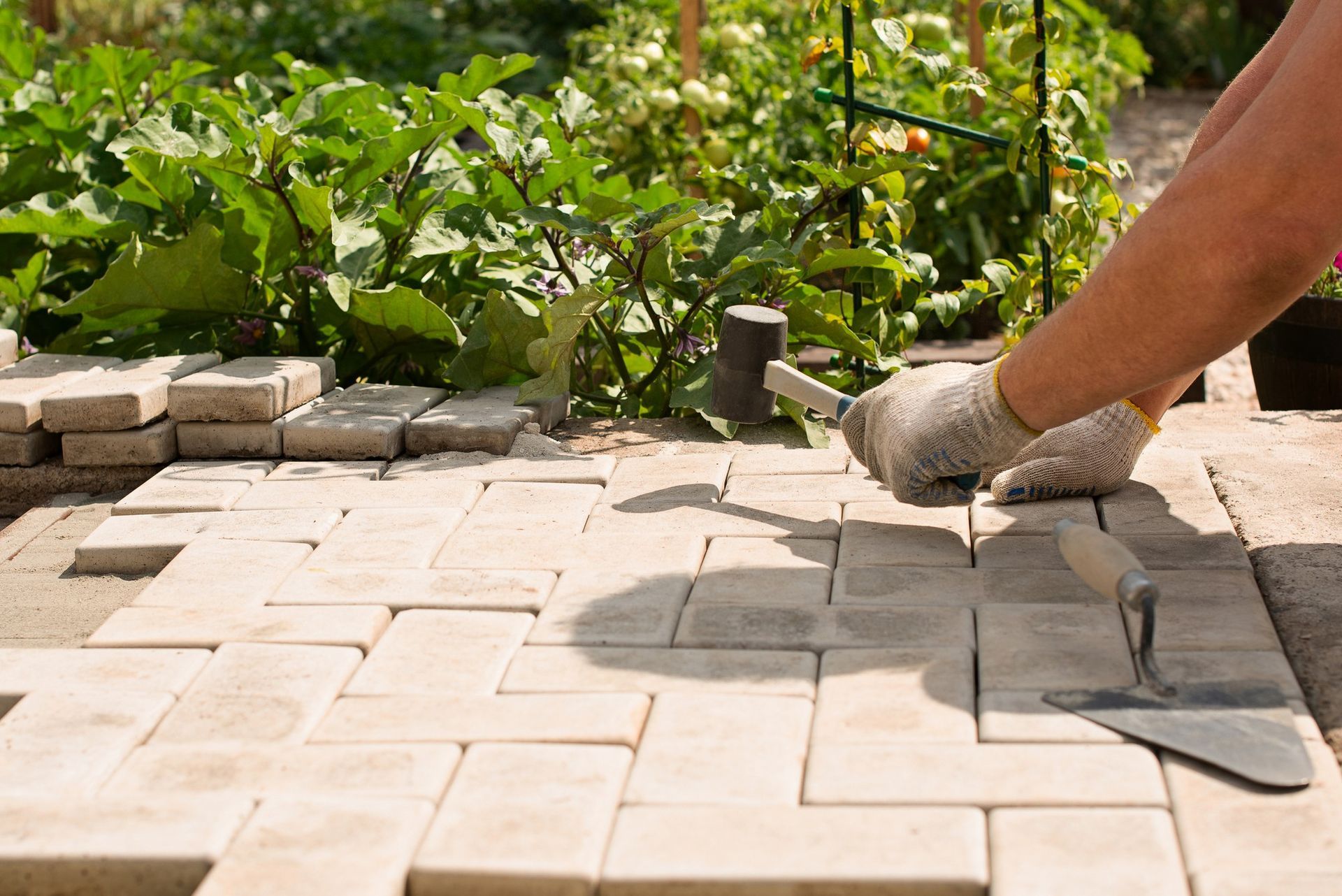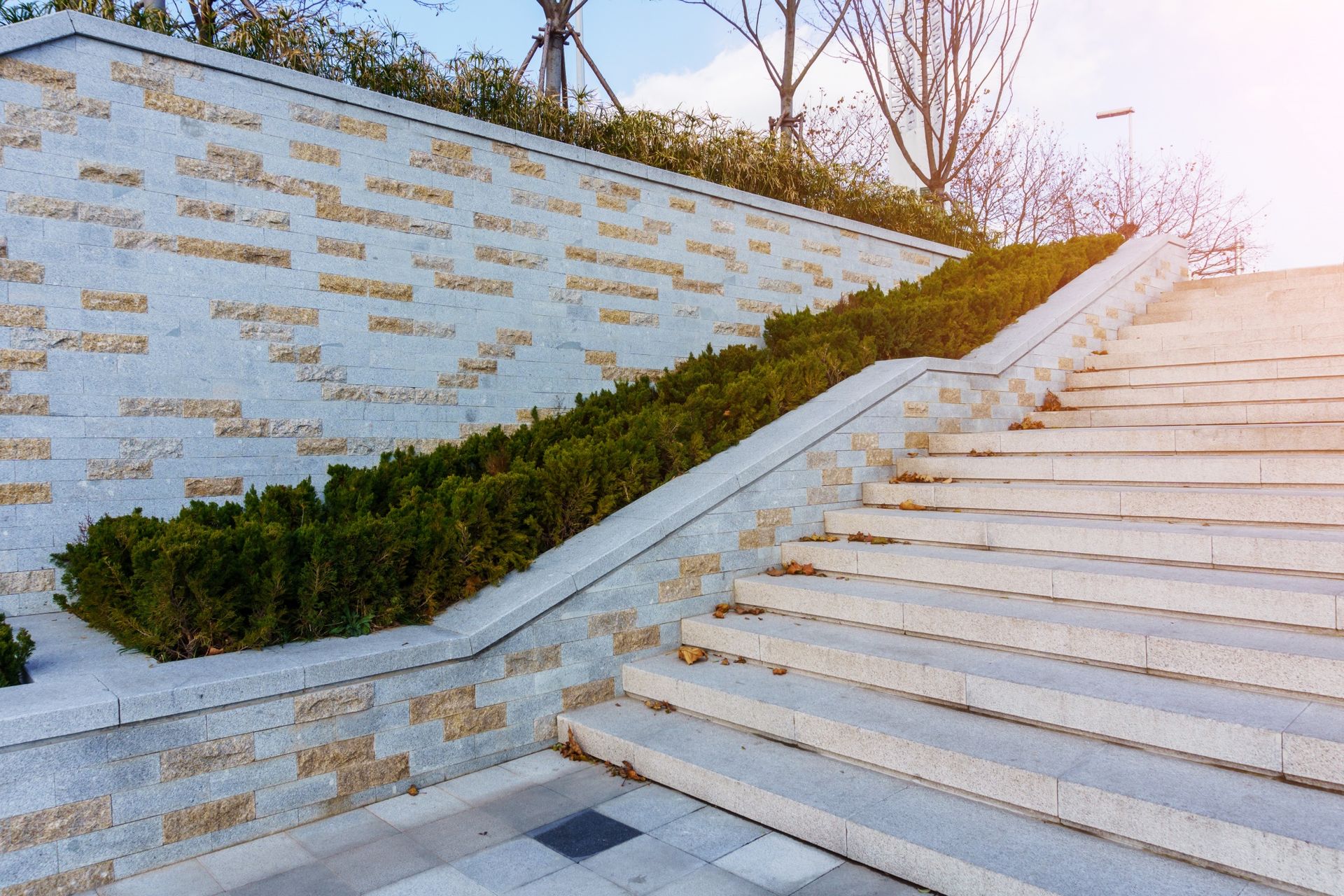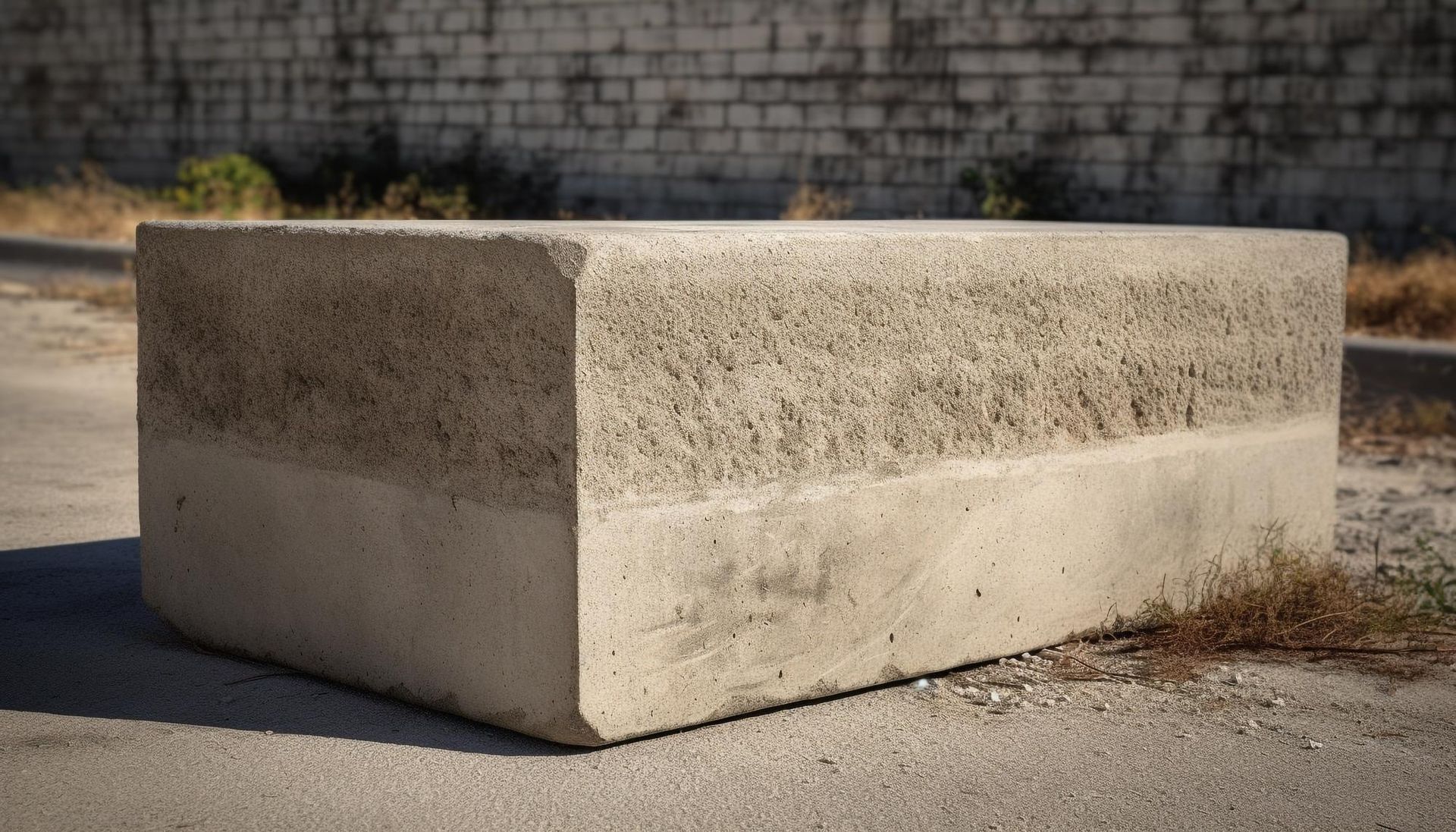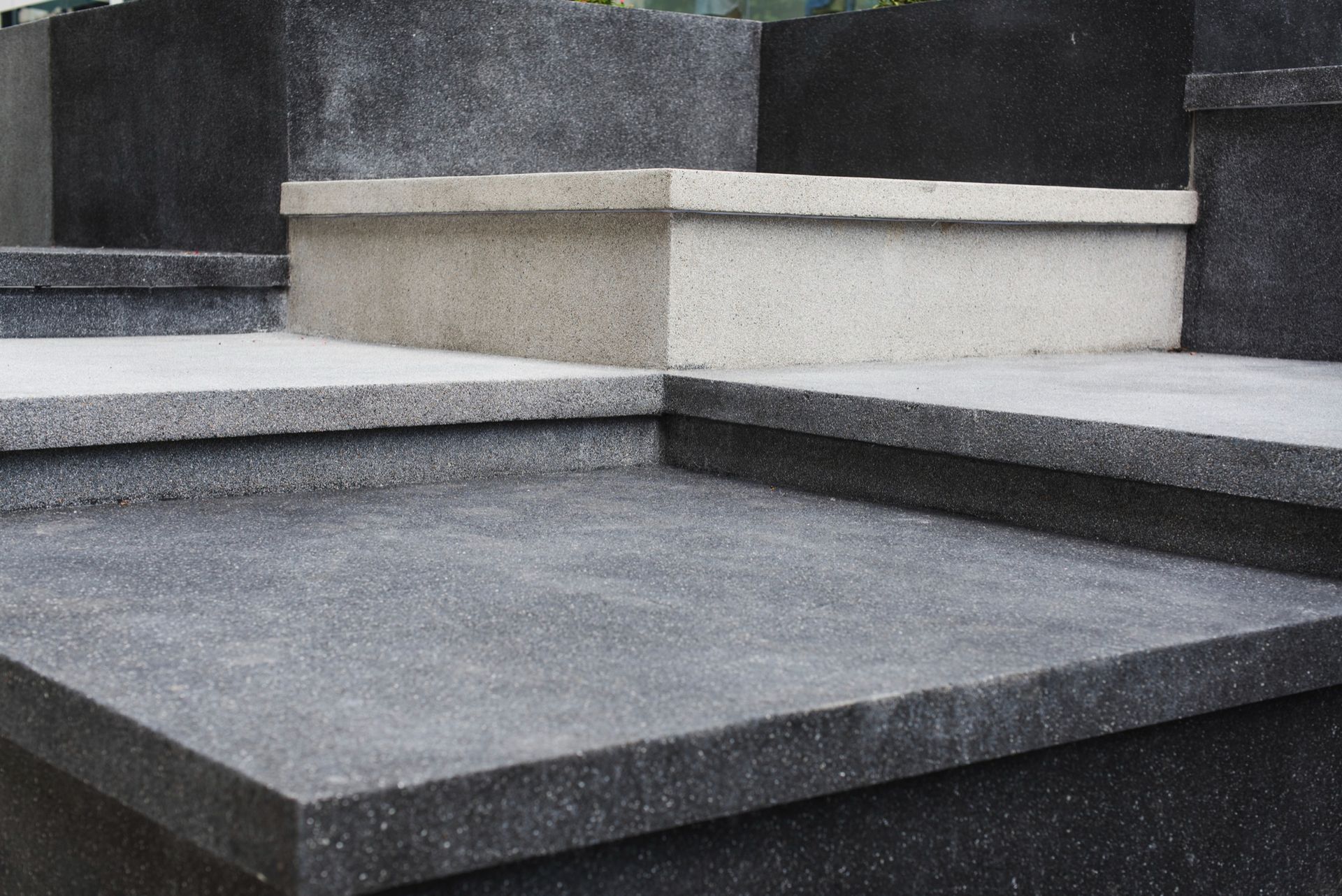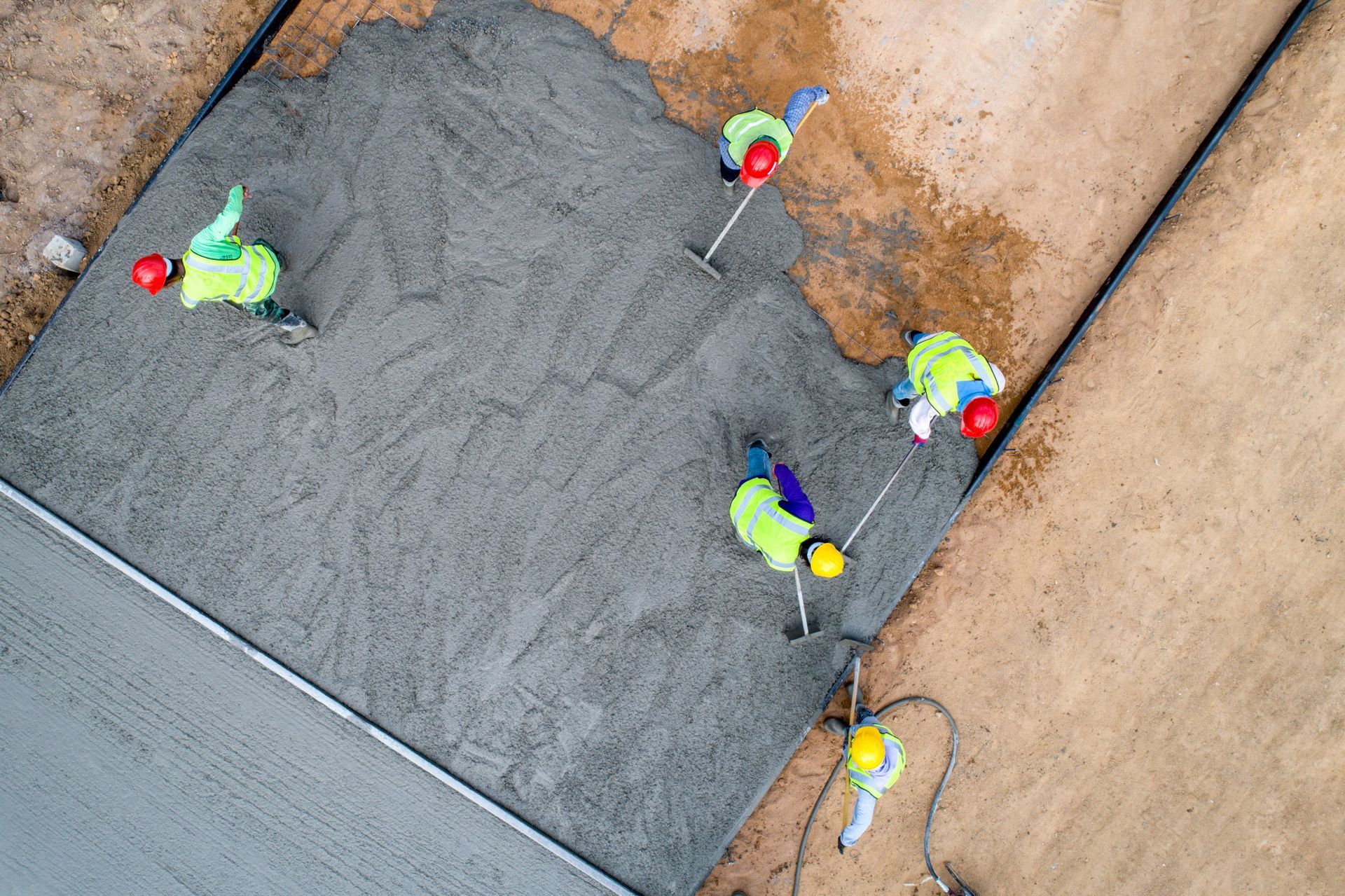Concrete Walls: A Cornerstone of Structural Integrity
When it comes to constructing a building that stands the test of time, the choice of foundation material is paramount. Among the various options available, concrete walls have proven themselves to be a cornerstone of structural integrity, durability, and long-term success. In this comprehensive guide, we will delve into the myriad reasons why concrete walls are the right choice for a solid foundation. From their unparalleled strength to their innovative construction techniques, we will explore the benefits that make concrete walls the foundation of choice for builders, architects, and engineers alike. Additionally, we'll uncover the impact of these robust foundations on the overall stability and longevity of the structures they support, providing you with a holistic understanding of the significance of this foundational choice.
The Strength Beneath: Unveiling the Power of Concrete
Concrete, often referred to as the "liquid stone," is an ingenious concoction of cement, aggregates, and water. Its unrivaled strength and versatility make it an ideal material for constructing foundation walls. Unlike other materials, concrete's compressive strength is unparalleled, which means it can withstand substantial vertical loads without buckling or collapsing. This characteristic is especially crucial for high-rise buildings, where the foundation bears immense weight.
Durability That Stands the Test of Time
One of the key reasons concrete walls are the right choice for foundations is their exceptional durability. Concrete is resistant to moisture, pests, and fire, ensuring that your building's foundation remains strong and stable for decades. This longevity translates to cost savings over the long term, as you won't need to worry about frequent repairs or replacements. With proper maintenance, a concrete foundation can easily last a century or more.
Seismic Resilience: Safety in Unpredictable Environments
In regions prone to earthquakes, the seismic resilience of a building's foundation becomes a critical consideration. Concrete walls have demonstrated their ability to absorb and dissipate seismic energy, thus reducing the impact of tremors on the structure above. This quality not only protects the building's occupants but also minimizes the potential for costly structural damage during an earthquake.
Versatility in Design and Construction
Concrete walls offer unparalleled flexibility in design and construction. With the advent of advanced formwork techniques and technology, concrete walls can be molded into various shapes and sizes, accommodating architectural visions that span from the traditional to the avant-garde. This versatility enables architects to push the boundaries of creativity without compromising on the integrity of the foundation.
Efficiency and Environmental Sustainability
Concrete production has come a long way in terms of efficiency and sustainability. Modern concrete mixes incorporate supplementary cementitious materials (SCMs) that reduce the carbon footprint of production. Additionally, concrete's thermal mass properties contribute to energy efficiency by regulating indoor temperatures, reducing the need for excessive heating or cooling. This not only benefits the occupants but also aligns with sustainable construction practices.
Advantages and Innovations in Concrete Foundation Walls
The world of construction is in a constant state of evolution, and concrete foundation walls have not been left behind. Advancements in materials, techniques, and design approaches have enhanced the already impressive array of advantages that concrete walls offer as a foundation choice.
1. Insulated Concrete Forms (ICFs): The Fusion of Strength and Energy Efficiency
Insulated Concrete Forms (ICFs) have revolutionized the way we think about concrete foundation walls. These forms consist of interlocking panels or blocks made of
expanded polystyrene (EPS) foam, which are stacked and filled with concrete. The result is a foundation wall that boasts exceptional thermal insulation properties, reducing energy consumption and creating a more comfortable indoor environment. ICFs also speed up construction, as the blocks are pre-formed and simply need to be assembled.
2. High-Performance Concrete Mixes: Tailored Strength and Durability
Modern concrete technology allows for the formulation of high-performance concrete mixes that can be customized to meet specific project requirements. By incorporating additives, fibers, and admixtures, engineers can achieve desired characteristics such as enhanced strength, durability, and even self-healing properties. These mixes ensure that concrete foundation walls are not only strong but also resistant to cracking, moisture ingress, and other common issues.
3. Advanced Formwork Systems: Precision and Speed
Formwork, the temporary mold that shapes poured concrete, has seen significant advancements. Traditional wooden formwork has been largely replaced by engineered formwork systems made of materials like aluminum, steel, and even fiber-reinforced plastics. These systems provide greater precision and consistency in shaping the concrete, resulting in foundation walls with smooth surfaces and accurate dimensions. Additionally, some formwork systems are designed for rapid assembly and disassembly, reducing construction timelines.
4. Fiber-Reinforced Concrete: Enhancing Structural Integrity
Fiber-reinforced concrete (FRC) involves adding tiny fibers, often made of materials like steel, glass, or synthetic polymers, to the concrete mix. These fibers enhance the concrete's tensile strength and toughness, reducing the risk of cracking and increasing its ability to withstand external forces. FRC is particularly valuable in areas where the foundation is exposed to heavy loads, seismic activity, or harsh environmental conditions.
5. Monitoring and Sensors: Real-Time Health Assessment
In the age of smart technology, even foundation walls have entered the realm of innovation. Embedded sensors and monitoring systems can provide real-time data about the structural health of the foundation. This technology allows engineers to detect potential issues, such as settlement or moisture intrusion, before they escalate into significant problems. By enabling timely interventions, these systems contribute to the long-term stability and maintenance of the structure.
6. Sustainable Concrete Practices: Reducing Environmental Impact
Concrete production has historically been associated with a significant environmental footprint due to the energy-intensive process of cement production. However, innovations in sustainable concrete practices have emerged. These include the use of alternative cementitious materials, carbon capture technology, and even the exploration of bio-based binders. These innovations are aimed at reducing the carbon emissions associated with concrete production, making it a more environmentally friendly choice.
7. Aesthetic Possibilities: Beyond Functionality
Concrete foundation walls are no longer limited to being purely functional elements. Innovations in formwork and finishing techniques have opened up a world of aesthetic possibilities. Textured finishes, patterns, and even decorative elements can be incorporated into the foundation walls, enhancing the overall visual appeal of the structure. This aspect is especially important when the foundation is partially or fully visible above ground level.
In a rapidly evolving construction landscape, the advantages of concrete foundation walls continue to expand. Through innovative materials, techniques, and design approaches, these foundations not only provide unparalleled strength and durability but also contribute to energy efficiency, sustainability, and even aesthetic enhancement. As architects, engineers, and builders embrace these advancements, the foundation for success becomes not only strong but also sustainable, efficient, and adaptable to the changing needs of the built environment.
Construction Techniques: Poured Concrete vs. Precast Panels
Two primary construction techniques dominate the realm of concrete foundation walls: poured concrete and precast concrete panels.
Poured Concrete: This method involves pouring a mixture of liquid concrete into formwork on-site. The concrete is allowed to cure and harden, forming a monolithic foundation wall. Poured concrete walls offer the advantage of being custom-built for each project, ensuring a precise fit and optimal structural integrity.
Precast Panels: Precast concrete panels are manufactured off-site and transported to the construction site for installation. This technique accelerates the construction timeline and reduces on-site labor requirements. Precast panels are known for their consistent quality and finish, making them a popular choice for projects with tight schedules.
Engineering Excellence: Ensuring Optimal Performance
The success of a concrete foundation relies not only on the choice of material but also on meticulous engineering. Site analysis, soil testing, and load calculations are essential steps that inform the design and specifications of the foundation. Reinforcement, such as steel bars, is often added to enhance the concrete's tensile strength, mitigating the risk of cracking under pressure. Collaborating with experienced structural engineers is crucial to ensure that the foundation is engineered to withstand the building's unique requirements.
The Bottom Line: Why Concrete Walls Are the Right Choice
Choosing the foundation material for a construction project is a decision that reverberates through the lifetime of the building. Concrete walls offer a multitude of advantages that contribute to a strong, stable, and enduring foundation. Their strength, durability, seismic resilience, and design versatility position them as a top choice for architects, engineers, and developers alike. As construction practices continue to evolve, concrete remains a steadfast and innovative solution that lays the groundwork for success.
Conclusion
When laying the foundation for a structure destined for success, the choice is clear: concrete walls are the right choice. Their unwavering strength, durability, versatility, and environmental benefits make them a superior option in the realm of foundation materials. With concrete as the bedrock, your building is not only rooted in a strong physical foundation but also in a foundation of wisdom and foresight that will endure for generations to come.
In this journey of construction, partnering with the right professionals can amplify the benefits of concrete foundation walls. Among the array of options, Bri-Mic Construction, Inc. stands out as the leading concrete wall installer in North Collins, NY. With a proven track record of excellence and a commitment to delivering top-tier results, Bri-Mic Construction, Inc. has earned its reputation as a reliable and innovative force in the industry. To embark on your project with the assurance of impeccable concrete wall installation, reach out to them at
716-337-0500. Their expertise and dedication will ensure that your foundation is not only solid but also a testament to the art and science of construction.
As you set the cornerstone of your vision, remember that the choice of foundation material goes beyond the present moment; it extends into the future. Concrete walls embody the essence of enduring strength and resilience, providing a solid base upon which dreams can be realized and structures can rise. Choose concrete walls, and you're choosing a legacy of stability and success.

